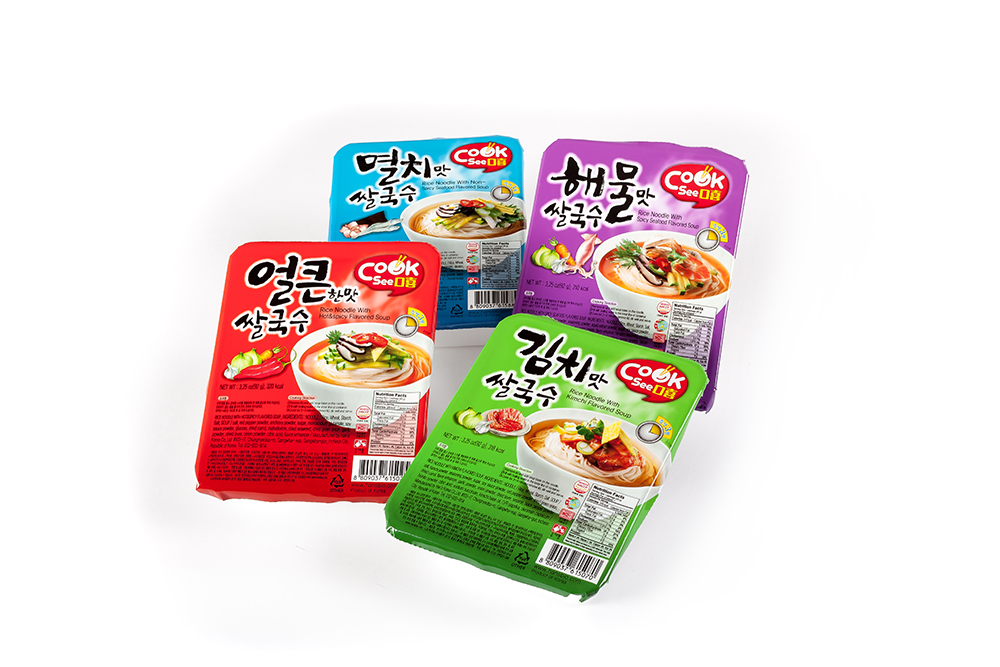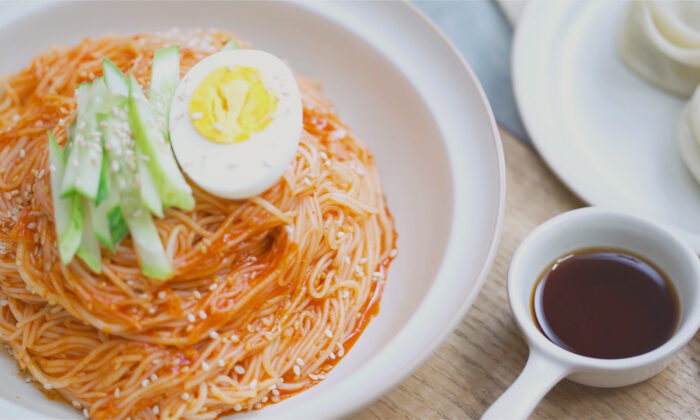Not all instant noodles are made equal. When it comes to health and nutrition, it’s worth knowing the differences.
Instant noodles generally fall into two categories, based on how the blocks of noodles are processed: oil-fried or air-dried. The instant noodles you know and love were likely flash-fried in oil, as the vast majority is.
That’s bad news, nutritionally: a single pack of a popular brand’s chicken-flavored ramen, for example, contains 14 grams of fat, including six grams of saturated fat.
Now, however, air-dried instant noodles, a much healthier option, are increasingly rising in popularity.
In South Korea, arguably the world’s instant noodle capital—the country is ranked number one in per capita consumption—the air-dried instant noodle market has seen an average annual growth rate of 13 percent over the past three years.
Next stop: the United States.
Earlier this year, for instance, South Korea-based company Han’s Korea began distributing its CookSee Instant Rice Noodle Soup in the States, both in Korean supermarkets and online via Amazon. The colorful packages include a block of air-dried Korean rice noodles and a soup base in one of four flavor options.

The appeal of air-dried instant noodles is easy to see. They tend to be lower in calories and are significantly lower in fat—a pack of CookSee’s noodles has less than one gram. They’re also more easily digestible, making them a good choice for consumers with more sensitive stomachs.
Of course, options and quality also vary within the category. Most varieties are dried with hot air for 30 to 40 minutes, but CookSee stands out for its unique cold-air process, which slowly dries the rice noodles over a much longer period of time: it takes 62 hours to dry one palm-sized block. Compare that to the mere minutes it takes to fry oil-fried instant ramen.
This method prevents the noodles from becoming too hard and brittle, as using hot air sometimes does, and ensures that they cook up pleasantly soft and springy, with a satisfying “al dente” chew.
With such benefits in terms of both nutrition and taste, the air-dried instant noodle trend likely won’t stop anytime soon.
This article is from the Internet:This Is the Next Big Instant Noodle Trend—and It’s Better for You
Poll: Most Young Republicans Uncomfortable Sharing Political Opinions With College Professors
